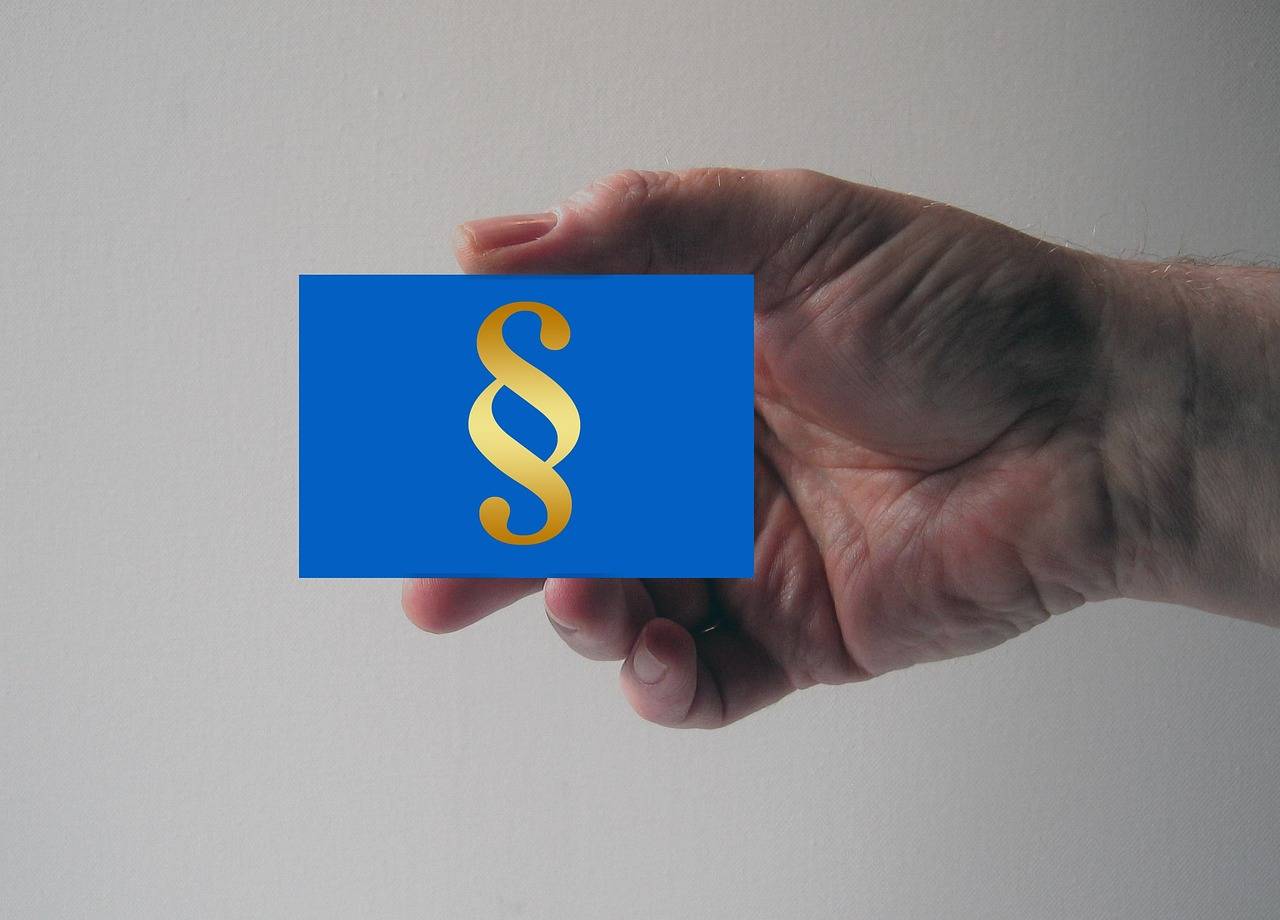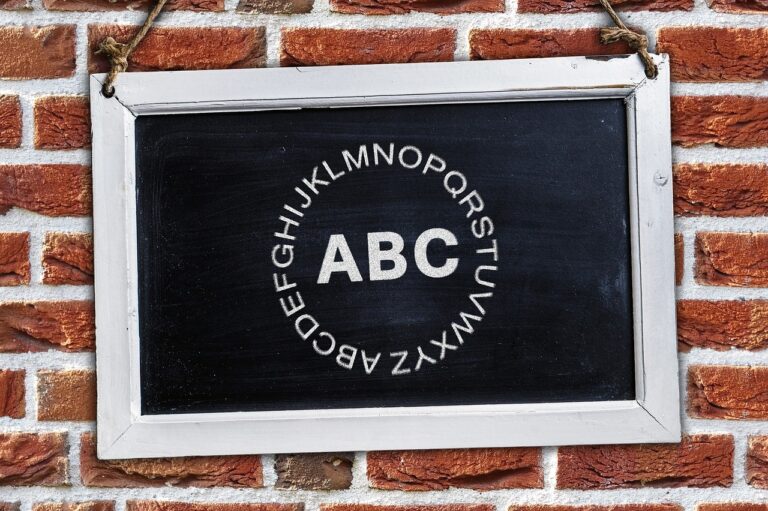The Impact of MOOCs on Student Learning Styles: Betbazar 247 login, Playexch in login, Gold365 id login
betbazar 247 login, playexch in login, gold365 id login: Massive Open Online Courses (MOOCs) have revolutionized the way we learn in the digital age. With the proliferation of online platforms offering a wide range of courses from top universities and institutions around the world, students now have access to a wealth of knowledge at their fingertips. But how do MOOCs impact student learning styles? Let’s explore this fascinating topic.
1. Flexibility in Learning
One of the key benefits of MOOCs is the flexibility they offer to students. With the ability to learn at their own pace and on their own schedule, students can tailor their learning experience to suit their individual needs and preferences. This flexibility can have a significant impact on student learning styles, allowing them to explore new concepts and ideas in a way that works best for them.
2. Interactive Learning Environments
MOOCs often feature interactive learning environments that engage students in a variety of ways. From videos and quizzes to discussion forums and virtual labs, these platforms provide a dynamic and immersive learning experience that can cater to different learning styles. Visual learners may benefit from watching video lectures, while auditory learners may prefer listening to podcasts or participating in online discussions.
3. Personalized Learning Paths
Another important aspect of MOOCs is the ability to create personalized learning paths. Students can choose the courses that interest them, set their own learning goals, and track their progress throughout the course. This level of personalization can have a significant impact on student learning styles, allowing them to focus on areas of interest and develop their skills in a way that is meaningful to them.
4. Collaborative Learning Opportunities
MOOCs also offer opportunities for collaborative learning, allowing students to work together on group projects, participate in discussion forums, and engage with peers from around the world. This collaborative aspect can appeal to students who learn best in a social setting, providing them with the opportunity to interact with others and share ideas and perspectives.
5. Adaptability to Different Learning Styles
One of the key strengths of MOOCs is their adaptability to different learning styles. Whether you are a visual learner who prefers to watch videos, an auditory learner who benefits from listening to lectures, or a kinesthetic learner who learns best through hands-on activities, MOOCs can cater to your individual learning preferences. This adaptability can help students engage with course material in a way that resonates with them personally.
6. Accessibility to Diverse Learning Resources
MOOCs provide students with access to a wide range of learning resources, including readings, videos, quizzes, and interactive exercises. This diverse range of materials can appeal to students with different learning styles, allowing them to engage with course content in a way that suits their individual preferences. Whether you prefer to read a textbook, watch a video lecture, or participate in a hands-on activity, MOOCs offer a wealth of resources to support your learning.
In conclusion, MOOCs can have a significant impact on student learning styles by providing flexibility in learning, interactive learning environments, personalized learning paths, collaborative learning opportunities, adaptability to different learning styles, and accessibility to diverse learning resources. With their innovative approach to education, MOOCs are reshaping the way we learn and expanding opportunities for students to engage with course material in a way that works best for them.
FAQs
1. What are MOOCs?
MOOCs, or Massive Open Online Courses, are online courses that are open to anyone around the world. They are typically offered by universities and institutions and cover a wide range of topics.
2. How can MOOCs benefit students?
MOOCs offer students the opportunity to learn at their own pace, explore new subjects, and engage with a diverse range of learning resources. They can also help students develop new skills and advance their careers.
3. Are MOOCs free?
Many MOOCs are free to enroll in, although some courses may require a fee for access to additional materials or certificates of completion.
4. How can students make the most of MOOCs?
To make the most of MOOCs, students should set clear learning goals, engage with course materials actively, participate in discussions and collaborative activities, and seek support from instructors and peers when needed.
5. Can MOOCs replace traditional education?
While MOOCs offer a valuable learning experience, they are not intended to replace traditional education entirely. They can complement traditional education and provide students with additional learning opportunities.







